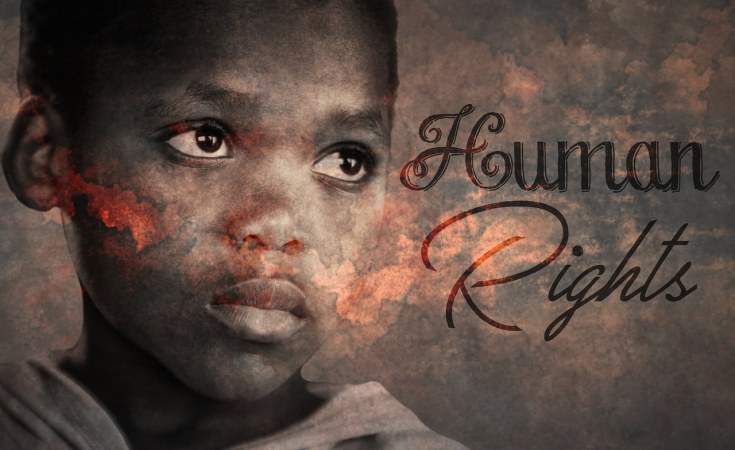 By Jacob Mosenda
By Jacob Mosenda
Dar es Salaam — Had Tanzania passed the Second Draft of the New Constitution by the Warioba Review Team, then the fight against human rights abuses would have been highly simplified, legal experts opined yesterday.
Speaking at the 25th anniversary of the Law and Human Rights Centre (LHRC), the chairman of the organisation's board of directors, Retired Chief Justice Barnabas Samatta, said the Draft was prepared such that it ensured government institutions worked towards protecting and defending justice for all Tanzanians.
He argued that the Draft Katiba empowered all government agencies so they would exercise their duties and responsibilities independently.
"In my opinion, if the Draft Con- stitution were to be accepted and implemented it would have been more effective compared to the existing document. If it were to be interpreted in a balanced and bold manner, it would have further protected the values of democracy: free- dom, equality and justice," he said.
Justice Samatta argued that the degree of individual freedoms enjoyed by a people is very much determined by the kind of constitution they have.
"A good constitution plays a great role in catalyising success in the fight against oppression," the chair- man said.
He added that LHRC was more needed now than it was in 1995 mainly due to increase in human rights violations.
"It has become common for a criminal suspect to be detained in custody for a longer period than required by law, all on the pretext of completion of investigations," he explained.
He said some of the accused lan- guished in prison for years before their trials begin or charges against them dropped.
"All these are growing concerns that need voices for justice to be upheld in the country." LHRC executive director Anna Henga said for the past 25 years, the centre has been a refuge for the voiceless in the country noting that receive calls for help from across the country.
"In the next five years we want everyone to know where to go once their rights are violated," said Henga. She said this would be possible through a special programme they have developed that includes public education, advocacy, human rights, trade and investment.
"Despite all these we still face various challenges including threats on our lives, arrests of our colleagues, delays in cases and sentencing, negative attitudes towards LHRC, and lack of resources," said Ms Henga. For his part, the Chairman of the Commission for Human Rights and
Good Governance, retired Chief Justice Mathew Mwaimu, said the government will continue to work with the LHRC to ensure the rights of Tanzanians are protected.
"Continue to work professionally and diligently to ensure that Tanzanians are reached and their problems solved," he said.
The guest of honour also reminded that, "Justice comes with responsibility so when we preach human rights we also must preach the responsibility of every citizen because those two things are inseparable and if preached together they will reduce the problem of human rights violations."




No comments :
Post a Comment